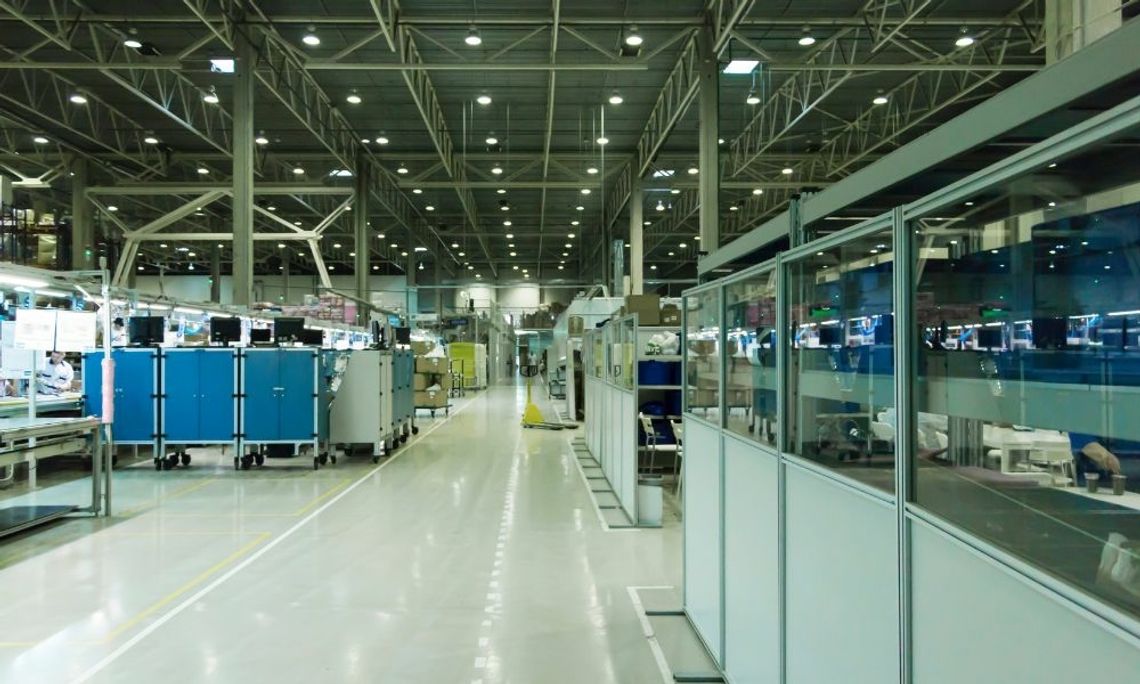Keeping an industrial facility clean is not just about maintaining a visually appealing space; it’s about ensuring safety, efficiency, and compliance with regulations. A clean industrial environment can prevent workplace accidents, prolong equipment life, and enhance productivity. Read on and learn four tips for keeping your industrial facility clean.
Establishing a Routine Cleaning Schedule
A consistent cleaning schedule is fundamental for maintaining an industrial facility. Regular cleaning prevents the buildup of dirt, dust, and debris, which can be detrimental in a setting with heavy machinery and sensitive equipment. This schedule should include daily, weekly, and monthly tasks tailored to your facility’s specific needs. Daily tasks might consist of sweeping floors and wiping down surfaces, while you can schedule deeper cleaning tasks, such as degreasing machines or cleaning vents, less frequently.
Deep Cleaning for Hard-to-Reach Areas
Industrial facilities often have areas that are difficult to reach but still require thorough cleaning. It’s essential to deep clean these areas to prevent the accumulation of grime and potential hazards. This includes cleaning under and around heavy machinery, in high corners, and inside ducts. Employing professional cleaning services for these tasks can be beneficial, as these services have the necessary equipment and expertise to clean challenging areas effectively.
Proper Care and Maintenance of Cleaning Equipment
The upkeep of cleaning equipment itself is vital in an industrial setting. Well-maintained equipment ensures efficient and effective cleaning. This involves regularly servicing your industrial vacuum cleaners, floor scrubbers, and pressure washers. Check filters, hoses, and attachments for wear and tear, and replace them as necessary. Proper equipment storage is also important to prevent damage.
Ionic vs. Non-Ionic Surfactants
Understanding the differences between ionic and non-ionic surfactants is crucial in selecting the right cleaning agents for your facility. Ionic surfactants, which include anionic and cationic types, are effective in removing grease and soil but can be harsh on some surfaces. Non-ionic surfactants, on the other hand, are gentler and less likely to react with other chemicals, making them suitable for sensitive surfaces. Knowing which type to use for each cleaning task and surface material is key to effective cleaning without causing damage.
With these four tips for keeping your industrial facility clean, you can create a safer, more efficient, and compliant workspace. From establishing a routine cleaning schedule to understanding the nuances of cleaning agents, each tip plays a vital role in maintaining the cleanliness of your facility.


Comment
Comments